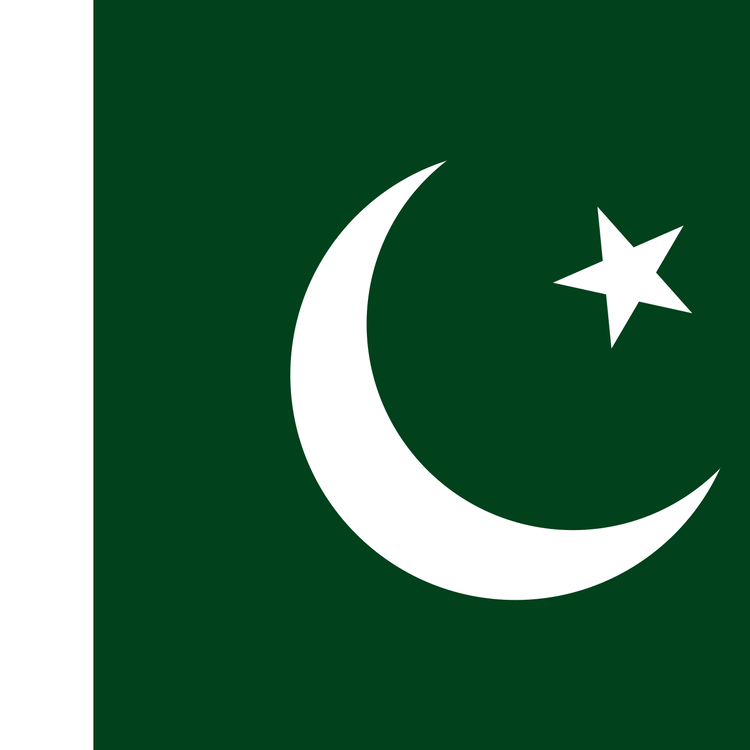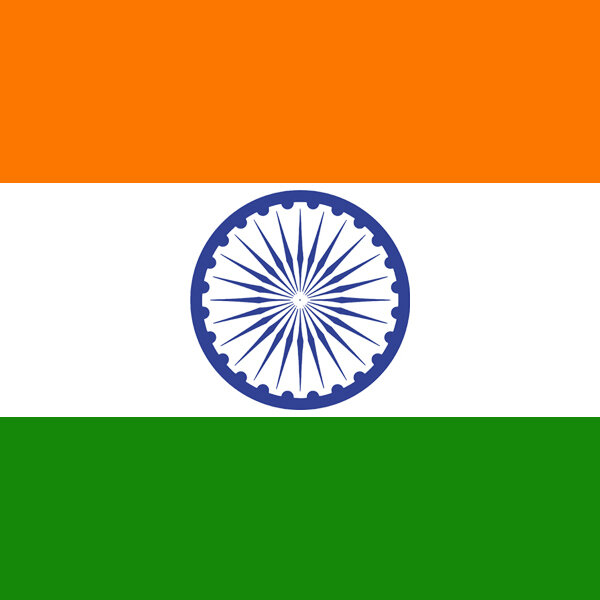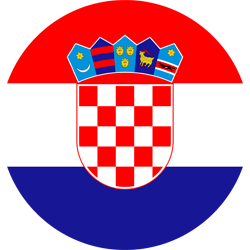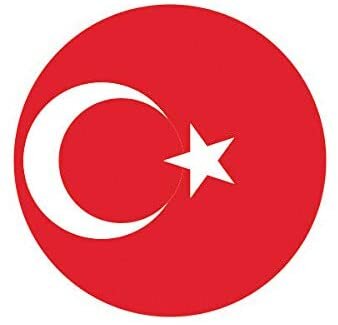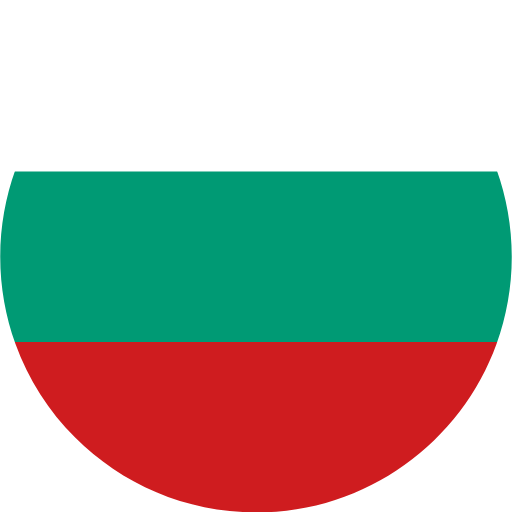
Assisted reproduction techniques, with their sophistication and significant success rates, have brought back hope to couples struggling with infertility. However, fertility treatments can be extremely physically and emotionally demanding. Infertility is almost always accompanied by feelings of anxiety, disappointment and frustration towards a pressing desire that is not fulfilled, and those feelings can in turn negatively affect the process of treatment. Previous failed IVF attempts, a history of miscarriages and going through the actual fertility treatment stages, create an emotional rollercoaster that brings each partner to the limits of their abilities to cope with stress and trauma.
How does a couple experience and cope with infertility?
The way a couple experiences the psychological challenges of infertility depends on various parameters, pertaining to individual as much as couple’s characteristics. Among these, individual stressors like mourning a loss, work or living condition changes, financial difficulties that might be related to the high cost of treatments, and other factors unrelated to infertility, need to be dealt with before they interfere with treatments.
Coping with fertility treatments equally depends on the existence of support systems in their environment, like family and friends, which is often very limited as many couples struggle to share their fertility journey with their friends and relatives. It also heavily relies on the solidity of their marital relationship. Indeed, an unfulfilled desire for a child can put couples’ communication skills, the quality of their bonding and their desire to be together, to the test. Should they manage to pass this test, their relationship can be stronger than ever.
What are the advantages of Therapeutic Groups over Individual Therapy for infertility?
At Thrive Wellbeing Center, our Infertility Therapeutic Groups for couples can become a safe place where all these issues can be addressed. Beyond its indiscutable benefits, namely the fact that it can allow for an in-depth individual analysis of personal and couple dynamics, individual and/or couples therapy can be very costly, especially if we add to that the very high cost of fertility treatments.
Couples who enter a therapeutic group find themselves in an affordable setting where they can share their stories and the intense emotional situations they experience with other couples who are in a similar situation. They can thus identify with each other, support each other and create together new pathways for healing. In a warm, non-judgmental environment, therapeutic groups allow couples to mirror with each other and the therapist, and therefore accomplish the important task of acceptance, in two ways: escaping denial or self-accusations, and adapting to the circumstances of treatment, responding to its challenges with realistic optimism, notably during the hormonal preparation phase, before egg collection, before and after embryo transfer, after the announcement of the result, but also during pregnancy.
Couples who have participated in Infertility Therapeutic Groups have been able to think more positively, achieve better stress coping strategies, and rebuild trust in themselves and the community, by communicating their needs and desires more genuinely.

Call us now for more information and join an Infertility Therapeutic Group at Thrive Wellbeing Center by Dr Sarah Rasmi.

The Infertility Therapeutic Groups are led by Dr Vassiliki Simoglou, PhD., a counseling psychologist and infertility specialist, licensed to practice Psychology in Greece and Europe, and in Dubai from the CDA. She has worked as a therapist in the private sector in Greece, France and the UAE for over 14 years. Through Thrive Wellbeing Center by Dr Sarah Rasmi, she offers counseling, psychological support and psychotherapy services in English, French and Greek in Dubai.
She studied Psychology at the University of Strasbourg in France, specializing in infertility, filiation and the mother-daughter relationship, and at the University of Essex in the UK, specializing in depression and melancholia. She completed her PhD in Psychoanalysis and Psychopathology at the University Paris Sorbonne Cité - Paris Diderot in Paris - France, on the subject of female infertility and egg donation In Vitro Fertilization (IVF) issues.
Her counseling approach is psychodynamic: she strives to help individuals and couples increase awareness of their internal functioning, through an in-depth exploration of their symptoms and behaviors, both on conscious and unconscious levels. This exploration helps alleviate psychological suffering and aims at achieving long-term sustainable change along with a generalized sense of well-being.
Her fields of expertise cover the issues of female and male infertility, femininity, motherhood, fatherhood, parenthood in face of the new reproductive techniques, pregnancy, post-partum challenges, childlessness, perinatal loss, contemporary family, gender, sex equality, the forms of contemporary suffering, the effect of medical advancements on subjectivity, etc. She is also experienced in the treatment of an array of psychological challenges such as depression and melancholia, loss, bereavement and separation, anxiety and panic attacks, phobias and compulsive behaviors, psychosomatic symptoms, social withdrawal and adjustment issues, etc.
She has published various articles in international peer-review journals based on her research findings in infertility and other topics, among which:
- Simoglou, V., Garnault, D., (2015). Grossesses en temps de biomédicalisation : Les « emprunts » au corps de l’autre femme [Pregnancies in times of biomedicalization : « Loans » from another woman’s body]. Cliniques Méditerranéennes, 96(2), 37-49.
- Simoglou, V., (2015). Étude psychanalytique des échecs du don d’ovocytes [Psychoanalytic study of oocyte donation failures]. PhD Thesis, Doctoral School of Research in Psychoanalysis and Psychopathology, University Sorbonne Paris Cité, University Paris Diderot.
- Simoglou, V. (2015). On love and melancholia in Marguerite Duras’s autofiction. The Psychoanalytic Quarterly, 84(3) 719-744.
- Squires, C., Lalanne, C., Murday, N., Simoglou, V. & Vaivre-Douret, L., (2014). The influence of eating disorders on mothers’ sensitivity and adaptation during feeding: A longitudinal observational study. BMC Pregnancy and Childbirth, 14:274.
- Simoglou, V. (2013). De la Grèce en France et au-delà : Quelles ‘politiques’ pour le don d’ovocytes ? [From Greece to France and beyond: What « politics » for egg donation?] Champ psychosomatique, 64, 37-52.
- Simoglou, V. (2013). The pain of egg donation. The Open Pain Journal, 7 (Supplement 1: M4), 41-45.
- Simoglou, V. (2012). Failures in egg-donor IVF or a locus for subjectivity: A review of contemporary literature on female infertility in egg-donor IVF procedures. Recherches en psychanalyse, 13, 60-72.











